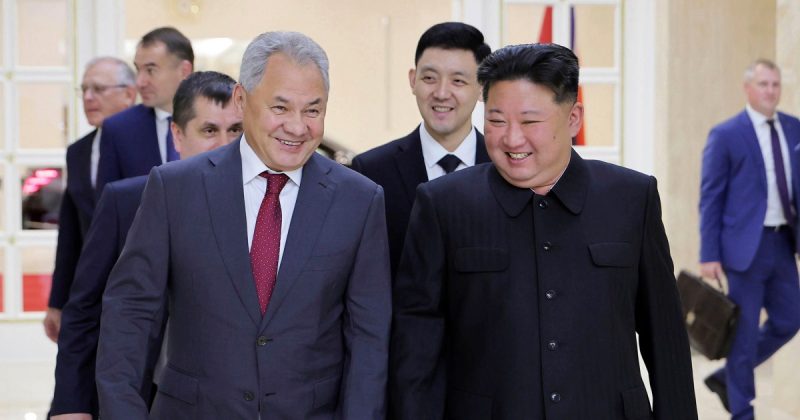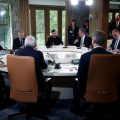
Recent reports indicate that North Korea is sending thousands of military personnel to Russia to aid in reconstruction efforts in the Kursk region. This significant deployment of both construction workers and deminers marks a further escalation in the already close relationship between the two nations, raising concerns about the implications for regional and global stability.
According to Russian state media, approximately 5,000 military construction workers and 1,000 sappers (military engineers specializing in mine clearance) will be dispatched. This follows previous reports of North Korean troops participating in combat operations alongside Russian forces in the region. While the Kremlin frames this assistance as ‘brotherly aid,’ the move undeniably deepens the military and economic cooperation between Pyongyang and Moscow.
The deployment comes amid Russia’s ongoing war in Ukraine. The involvement of North Korean personnel in reconstruction efforts, following their alleged participation in combat, underscores the expanding nature of the alliance. This collaboration raises concerns about potential violations of UN sanctions, which prohibit member states from employing North Korean workers.
South Korea, the U.S., and Japan have all expressed serious concerns about the growing partnership between North Korea and Russia. These concerns are not only about the direct support provided to Russia but also the potential for Russia to provide North Korea with advanced technologies in return, further bolstering its nuclear and missile programs. The trilateral aerial training exercises recently conducted by South Korea, the U.S., and Japan highlight the growing need for coordinated efforts to address the evolving security challenges in the region.
The exchange of high-level visits between Kim Jong Un and Vladimir Putin in recent years further emphasizes the strengthening ties. Speculation continues about a potential future summit between the two leaders, which could solidify the strategic partnership further. The official North Korean statement, while confirming cooperation with Russia, notably omitted any details about the deployment of construction workers and deminers, suggesting a strategic communication difference between Pyongyang and Moscow.
The ongoing situation demands close monitoring and analysis. The implications of this deepening alliance extend beyond the immediate geopolitical context, potentially impacting global security dynamics and the balance of power in the region for years to come. The international community faces a significant challenge in navigating the complexities of this evolving relationship and its far-reaching consequences.










